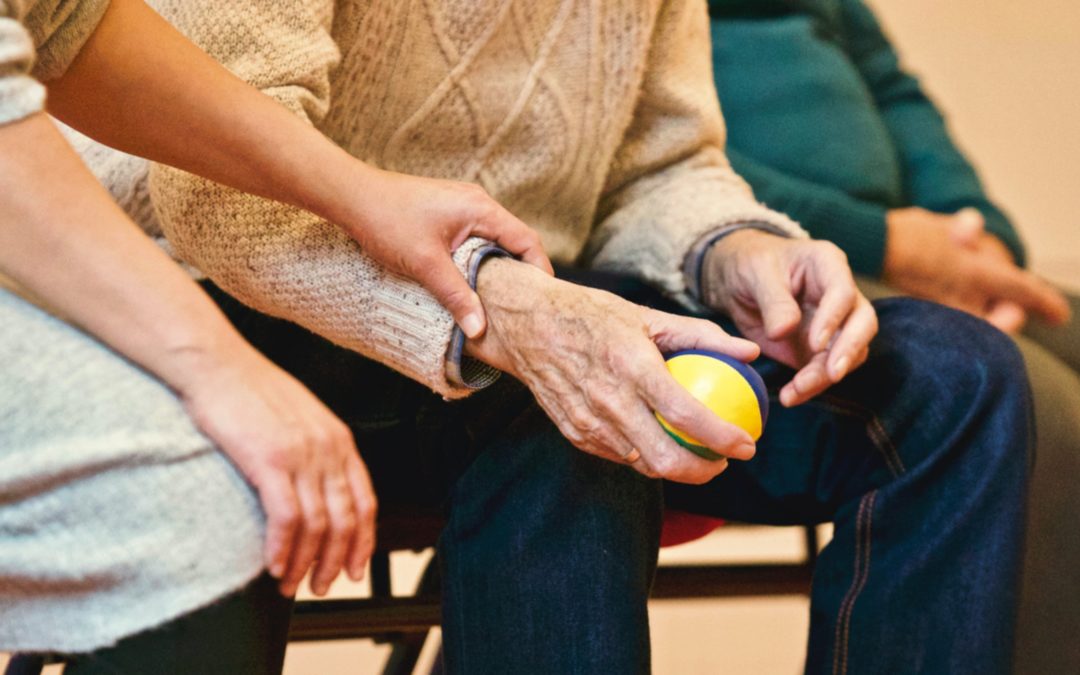More than 450,000 people have died from opioid overdoses or opioid-related complications since 1999. Aggressive efforts by both government regulators and the healthcare community have been able to slow the opioid mortality crisis in the past two years.
Just as significant gains were being made, however, the COVID-19 pandemic swept in and reversed much of what was achieved to mitigate opioid deaths.
There has been a disturbing 20% increase in national overdose deaths since the first recorded case of COVID-19 in the U.S. was reported, said the U.S. Overdose and Mapping Application Program. The American Medical Association also reports an uptick in opioid deaths in 42 states.
Much of that increase was seen among senior citizens. Why should the COVID-19 pandemic increase opioid-related deaths? There is a complex dynamic at play, but it’s not difficult to understand how the coronavirus has contributed to the resurgence of the opioid crisis among seniors.
For example, opioid deaths were decreased by stepping up requirements for senior patients to require in-person visits with doctors and caregivers if they received prescriptions for pain medication. In the past, a doctor simply wrote out a prescription and the patient took them home and was expected to self-manage their usage. It is the unsupervised use of opioids that gets people into trouble because they quickly become tempted to take them improperly.
At the onset of COVID-19, however, face-to-face visits between seniors and the people who managed their pain medication was drastically reduced. In short, seniors were on their own again and more deaths have resulted.
Opioids also became much easier to get because COVID-19 drove an increase in telehealth doctor-patient interaction. The prescribing of opioids had been restricted or banned in some cases from telehealth medical consultations as a mitigation effort. There has also been an easing of restrictions on sending pain medications for delivery by mail and/or being able to order them from online pharmacies. These latter processes reduce contact between people to mitigate the spread of the coronavirus, but the result has been an easier flow of opioids to more seniors.
Yet another reason for increased senior deaths from opioids has been the temporary easing of restriction on prescribing them by the Center for Medicare and Medicaid Services. The regulations were relaxed to help treat COVID-19 patients.
